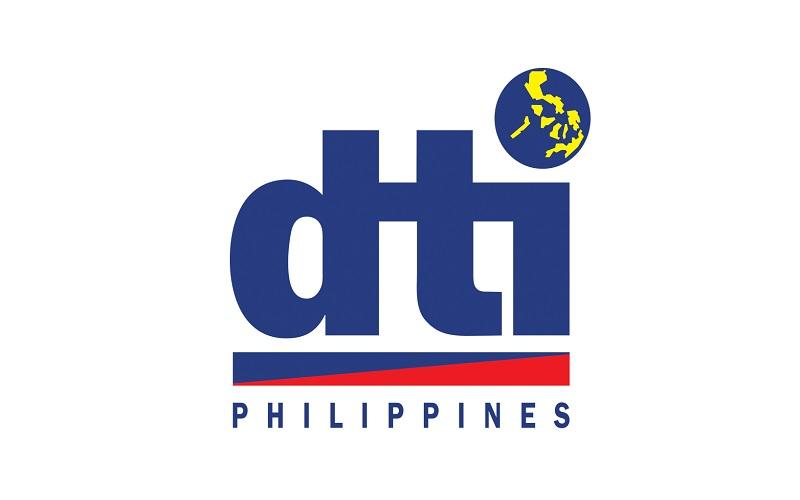Hong Kong toy makers eye relocation, expansion in the Philippines — DTI-BOI

The Toy Manufacturers’ Association of Hong Kong (TMHK) has expressed interest to relocate their toy production operations as well as expand in the Philippines, citing recent fiscal legislations that boost their confidence in investing in the country, the Department of Trade and Industry’s Board of Investments (DTI-BOI) said Wednesday.
In a statement, the DTI-BOI said officers and members of TMHK disclosed their intent during an online information session with the agency last month, particularly on the various investment opportunities in the country.
The toy manufacturers’ group, led by its president Samson Ko, “acknowledged the rising production costs that their members have been experiencing and, thus, are seriously considering the Philippines for possible relocation and expansion of their operations,” according to the DTI-BOI.
The toy makers’ group “finds the latest Philippine legislative initiatives encouraging and believes this can help their businesses grow in the country,” the agency said.
The TMHK is a 250-member toy makers’ group. It is composed mainly of toy manufacturers with factories both in Hong Kong and China.
The association represents its industry players as an integrated body liaising with toy associations worldwide and governing bodies.
“We are positioning the Philippines as a complementary host country to target companies, particularly those looking into diversifying their business locations to sustain and enhance competitiveness. The Hong Kong toy association’s gesture of seriously considering expansion plans additionally strengthens this positioning,” said Trade Undersecretary and BOI managing head Ceferino Rodolfo.
“We have put in place incentives that create an investor-friendly landscape, allowing investors to set up their business at a lower cost compared to other neighboring Asian countries. Foreign companies can also benefit from corporate income tax exemptions where new and better rates are embodied in the Corporate Recovery and Tax Incentives for Enterprises (CREATE) Act that was recently ratified by Congress,” Rodolfo said.
CREATE Act
The CREATE Act lowers the Philippines’ corporate income tax (CIT) rate from 30% to 25% and rationalizes the country’s investment incentives, making them more competitive and transparent, time-bound, targeted, and performance-based.
It also provides businesses with economic stimulus measures that will help them recover from the COVID-19 pandemic.
“Experts have noted that the impact of the COVID-19 pandemic on toys and games have globally reinforced the trends already shaping the industry sales pre-COVID-19 mainly through digital transformation. A COVID-19-generated shift towards home entertainment and online education has led to a further surge in video games, including e-sports, and digital education tools. While some traditional toy categories have seen a spike in 2020, the long-term trend is reflected in the strong repositioning of toy industry players as entertainment providers on multiple platforms,” Rodolfo said.
Traditional toys include dolls, action figures, building sets, games and puzzles while video and online games are those produced by renowned video game developers Nintendo and Blizzard, among others.
The Trade official also pitched that the Philippines can offer wider market access to Hong Kong through its Free Trade Agreements (FTAs) and Global System of Preferences (GSP).
Currently, Philippine exports enjoy preferential rates with partner countries such as Japan, India, Australia, New Zealand, and European Free Trade Agreement (EFTA) members like Switzerland, Norway, Liechtenstein and Iceland.
Philippine exports also enjoy preferential rates to major markets such as European Union and the United States through the GSP scheme.
“Aside from market access, the Philippines can also provide for a broader production network for the manufacture of toys given the existing manufacturers in the Philippines as well as the sources of raw materials that the FTAs can provide. Existing toy manufacturers include Academy Plastic Model Toy Co. Inc., Dunlop International (Philippines), Bandai Namco Philippines, Tanika Philippines, and Hansa Toy International Inc. The downstream industry for toy manufacturing is also established with the presence of suppliers such as plastics, rubber, cotton, textiles and others,” Rodolfo said.
In terms of investments - from 1989 to present - there are 125 firms registered with the BOI which are engaged in the manufacturing of toys, amounting to a total of P450 million in investments.
The biggest contribution came from Mattel Philippines, Inc. which invested P39 million.
The most recent investment was made in 2018 from the Malaysian company Carissa Balsam Sdn. Bhd. with a total project cost of P2.65 million.
In 2019, Philippine exports of toys, games and sports requisites to the world amounted to $176.1 million, according to the DTI-BOI.
This category referred mostly to traditional toys and games and included video consoles and similar units but did not include video game applications, in-game transactions for video games such as digital cosmetic purchases, or power-ups and lives that can be used in-game, it said.
Meanwhile, Philippine toy imports grew at an average rate of 17% from 2015 to 2019.
The country imported $487.3 million in 2019 with the biggest share coming from China valued at $226.2 million or 46.4% of total toy imports, followed by Hong Kong with $52.7 million or 10.8%, the DTI-BOI said. — RSJ, GMA News



